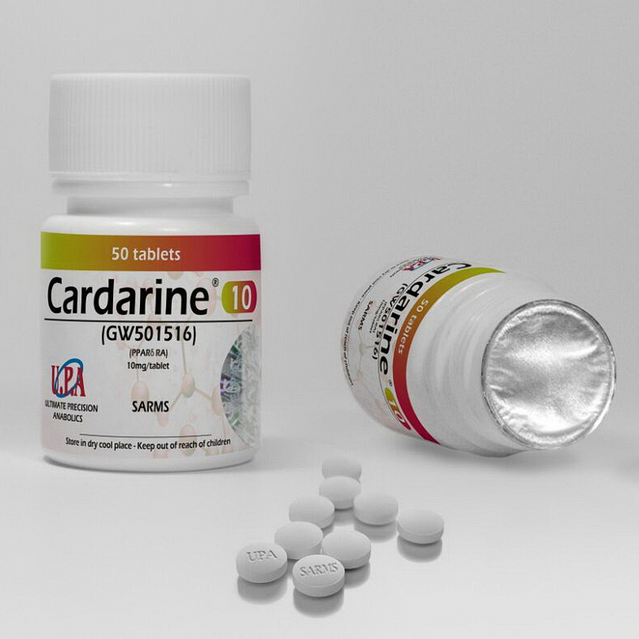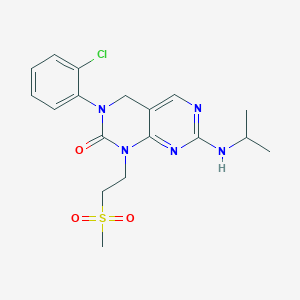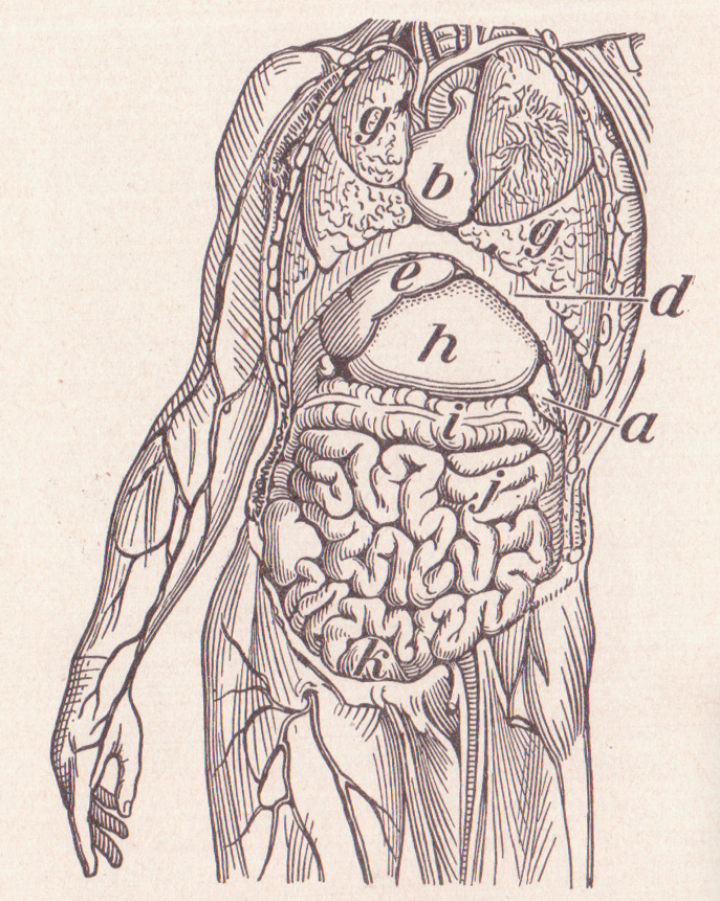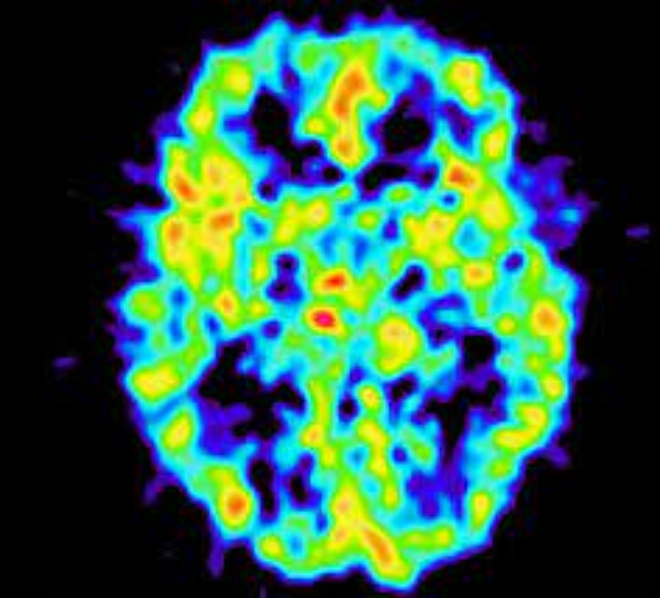|
Name: Cardarine
Type: PPARδ Receptor Agonist
AKA: GW-501516, Endurobol

|
|
II. Natural Derivative
Synthetic substance, no natural derivative
 |
|
III. Chemical Profile (IUPAC name)

|
|
IV. History
Cardarine, developed in the 1990s, is a PPARδ receptor agonist studied for its potential to enhance endurance and metabolism. Its use has been controversial, particularly in sports, due to its performance-enhancing effects and potential health risks.

|
|
V. Legal Information
Cardarine, a peroxisome proliferator-activated receptor (PPAR) agonist, is not approved for human use in the US and many other countries due to safety concerns. It is classified as a prohibited substance by WADA for its performance-enhancing effects. Regulatory bodies emphasize the need for strict controls to prevent misuse in sports and ensure athlete health.
Key US Federal Policies:
Cardarine is regulated as an investigational new drug under the FDA's regulatory framework. It is not legally available for human use outside of clinical trials.
|
|
VI. Physical Effects
Cardarine (GW501516) is a performance-enhancing compound that increases endurance and fat metabolism. It can cause increased heart rate and blood pressure. Short-term use enhances physical performance, but long-term use may lead to cardiovascular issues and potential cancer risks. Overdose risks include cardiovascular damage and other severe health issues. Safe use involves careful dosing and monitoring. Recent research explores its performance benefits and associated risks.  |
|
VII. Psychological Effects
Psychologically, Cardarine may improve mood and motivation by increasing energy levels and enhancing physical performance. It is often used to support endurance training and fat reduction.
 |
|
VIII. Culture
Cardarine, also known as GW501516, is a synthetic drug initially developed for metabolic and cardiovascular diseases. Its cultural significance is related to its use in performance enhancement and its controversial status in sports. Media coverage often addresses its potential benefits for endurance and fat loss, along with the risks and legal status. Cardarine is used both recreationally and medicinally, contributing to discussions about performance enhancement and doping regulations.
 |
